Top Twelve Books To Read If You Want To Obtain Financial Freedom

Africa has always been considered the richest but poorest continent in the world, with about 579 million of its population living in what can be described as ‘acute multidimensional poverty’. In Nigeria, about 43% live below the poverty line while 25% are vulnerable. As the economy of Nigeria declines, there is a high increase in the number of people living in poverty. As an educated person, you might think that you are above poverty and this might stand true if we eliminate the fact that poverty is not just a condition in which one lacks basic amenities but also a state of mind.
We can agree that a lot of educated people in Nigeria are not necessarily poor but have never tasted financial freedom and might not have stable finances until their fifties and sixties. The poverty mindset with which a great number of us were brought up plays a huge role in our path to obtaining financial freedom, which is described as having enough savings, financial investments, and cash on hand to afford the kind of life we desire for ourselves and our families.
Education, which was once the one-way ticket out of poverty, is slowly losing its value in our country. If we must break through this, we need to be re-educated on the concept of finances, especially while we are younger so as not to learn harshly from life. The school system doesn’t make such provisions for us; nevertheless, we must take matters into our own hands as we are the ones to bear the consequence of our ignorance. Below are the top 12 books, in no particular order, that will re-educate, re-orient, and change our mentality towards money and also help us obtain financial freedom early enough.
- Rich Dad Poor Dad – Robert T. Kiyosaki
Rich Dad Poor Dad tells the story of a boy with two fathers, one rich who went to Stanford and earned a PhD and one poor who never finished the eighth grade, to help you develop the mindset and financial knowledge you need to build a life of wealth and freedom.
Three key points from the book:
- You don’t need to earn a high income to be rich.
- Most of us aren’t given a financial education; educate yourself about finances.
- Mind your own business: make money for yourself, not your employer.
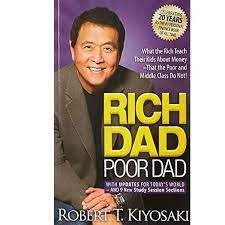
2. Secrets of the Millionaire Mind – T. Harv Eker
Secrets of the Millionaire Mind explores how your money mindset may be suffocating your journey to financial freedom, no matter who you are or how much you’re earning. It shows us what to do to break through mental barriers and acquire the habits and thinking of the rich.
Three key points from the book:
- Rich people believe “I create my life”. Poor people believe “Life happens to me”.
- You can only make money grow when you handle it properly.
- If you are willing to do only what’s easy, life will be hard. But if you are willing to do what’s hard, life will be easy.

3. Think and Grow Rich – Napoleon Hill
Think and Grow Rich is a curation of the 13 most common habits of wealthy and successful people, distilled from studying over 500 individuals over the course of 20 years.
Three key points from the book:
- Successful people have faith in their abilities.
- Use autosuggestion to build an unshakable belief in yourself.
- Be stubborn and always stick to your decisions.

4. The Money Book for the Young, Fabulous & Broke – Suze Orman
The Money Book was written to address the specific financial reality that faces young people today and offers a set of real, not impossible solutions to the problems at hand and the problems ahead.
Three key points from the book:
- Young people have the greatest asset of all on their side — time.
- People have got to learn: if they don’t have cookies in the cookie jar, they can’t eat cookies.
- Never think bankruptcy is a life raft to fix your mess up.

5. The One-Page Financial Plan – Carl Richards
The One-Page Financial Plan is a refreshing, fun look at personal finance that takes away the feeling that financial planning is a burden for the less disciplined and shows you that you can plan your entire financial future on a single page.
Three key points from the book:
- A financial plan begins when you ask yourself why money is important to you and create goals that reflect your answer.
- View paying off debts as a form of investment.
- Before you make any investments, study them as if you were a scientist.
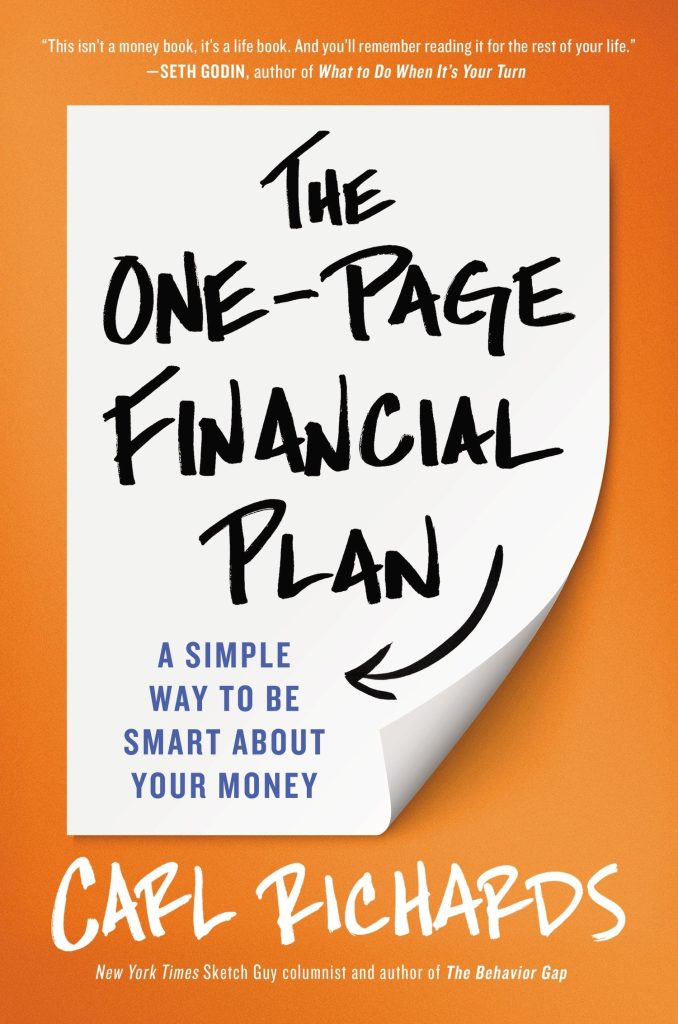
6. The Total Money Makeover – Dave Ramsey
The Total Money Makeover shows you how to stop accepting debt as normal, eliminate it forever in small increments, and build the financial future you deserve in seven steps.
Three key points from the book:
- We buy things we don’t need with money we don’t have to impress people we don’t like.
- Most people don’t realize that their fundamentals of finance are not right until it’s too late.
- Credit cards and debts look appealing, but they trap you emotionally and create financial mess.
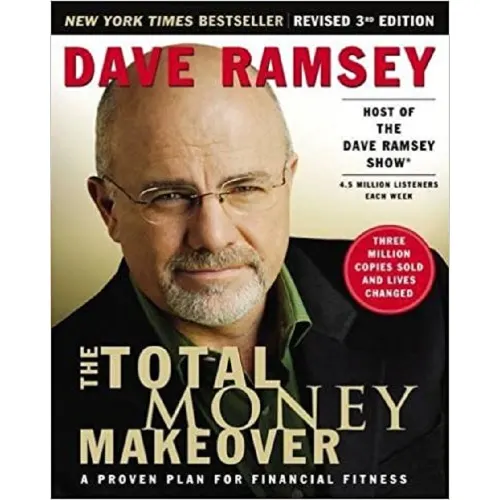
7. I Will Teach You To Be Rich – Ramit Sethi
I Will Teach You To Be Rich helps you save money on autopilot while allowing yourself to spend guilt-free on the things you enjoy.
Three key points from the book:
- No one but ‘you’ is responsible for your financial problems.
- It is more important to get started than to become an expert – also known as the 85% rule.
- While deciding on your financial goals and plans, play offence instead of being on the defence.

8. The Richest Man In Babylon – George S. Clason
The book chronicles how practical money management and wealth-building lessons were used by Arkad, who had a humble background as a son of a merchant but grew to become the richest man in the ancient city of Babylon.
Three key points from the book’:
- The laws of money are like the laws of gravity: assured and unchanging.
- Enjoy life while you are here. Do not overstrain to save.
- Guard thy treasures from loss: avoid investments that sound too good to be true.

9. The Millionaire Fastlane – MJ DeMarco
The Millionaire Fastlane points out what’s wrong with the old “get a degree, get a job, work hard, retire rich” model, defines wealth in a new way, and shows you the path to retiring young.
Three key points from the book:
- Reject the Slowlane: There are many problems with the path society teaches us.
- Produce, Don’t Consume: Build something that offers value to the world.
- Work the Process: Getting wealthy is not a one-time event, it takes time and multiple steps.

10. Financial Freedom – Grant Sabatier
Financial freedom isn’t something you can only enjoy in your sixties or seventies once you retire but should be achieved as soon as possible, the vast majority of personal finance advice out there is focused on helping you maximize whatever limited money you already have.
Three key points from the book:
- Doing everything you are “supposed” to do wouldn’t guarantee anything.
- Invest as much money as early and often as you can.
- Time is more valuable than money: money is unlimited, time is not. Don’t waste time.

11. The Psychology of Money – Morgan House
The Psychology of Money explores how money moves around in an economy and how personal biases and the emotional factor play an important role in our financial decisions, as well as how to think more rationally and make better decisions when it comes to money.
Three key points from the book:
- Everyone looks at money through the lens of their past experiences.
- Spending money to show people how much money you have is the fastest way to have less money.
- The most important part of every plan is planning on your plan not going according to plan.
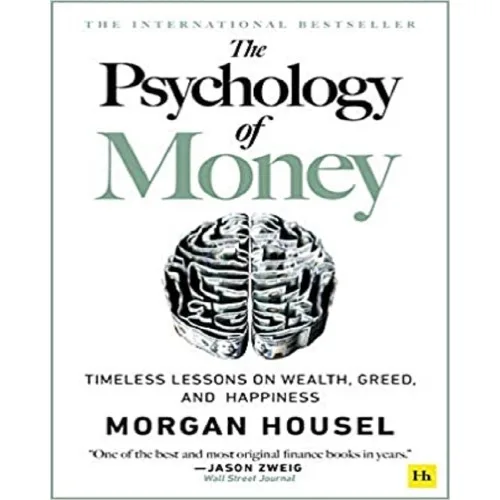
12. The Smart Money Woman – Arese Ugwu
The Smart Money Woman tackles debt, spending, investing, the consumerist culture of the African middle class, the fear and misconceptions surrounding money and the lack of it, love, friendships, cultural and societal pressures, and the role they play in success through the story of an African girl named Zuri, who on the outside looks like she’s financially successful but goes through a series of mishaps that help her realise she is, in fact, broke and needs to make better financial decisions.
Three key points from the book:
- Difference between successful and average people is that successful people acknowledge their fears but don’t let it overcome them.
- Financial Freedom is when your passive income is more than your expenses. (Passive income is money from investments and whatnot).
- Dismiss the idea that you will always make more money.

Years of experience have been embedded into these great books listed above. We can either take advantage of it or ignore it. I wish you success on your path to financial freedom.
Temitope Kolawole
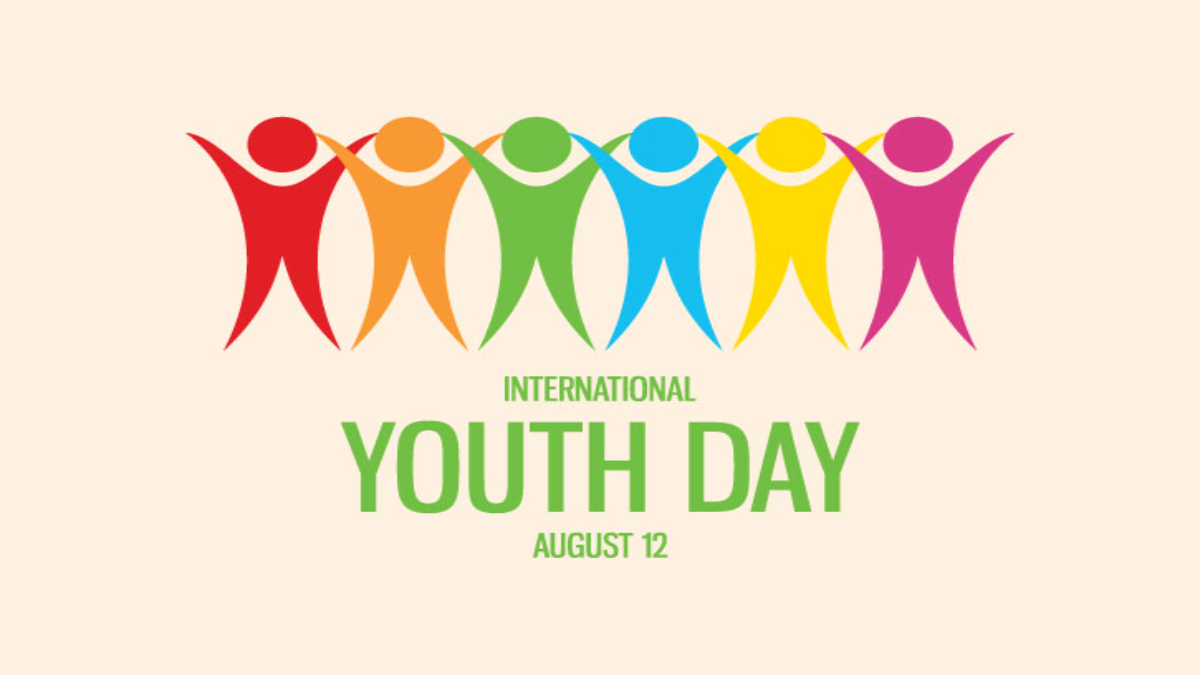
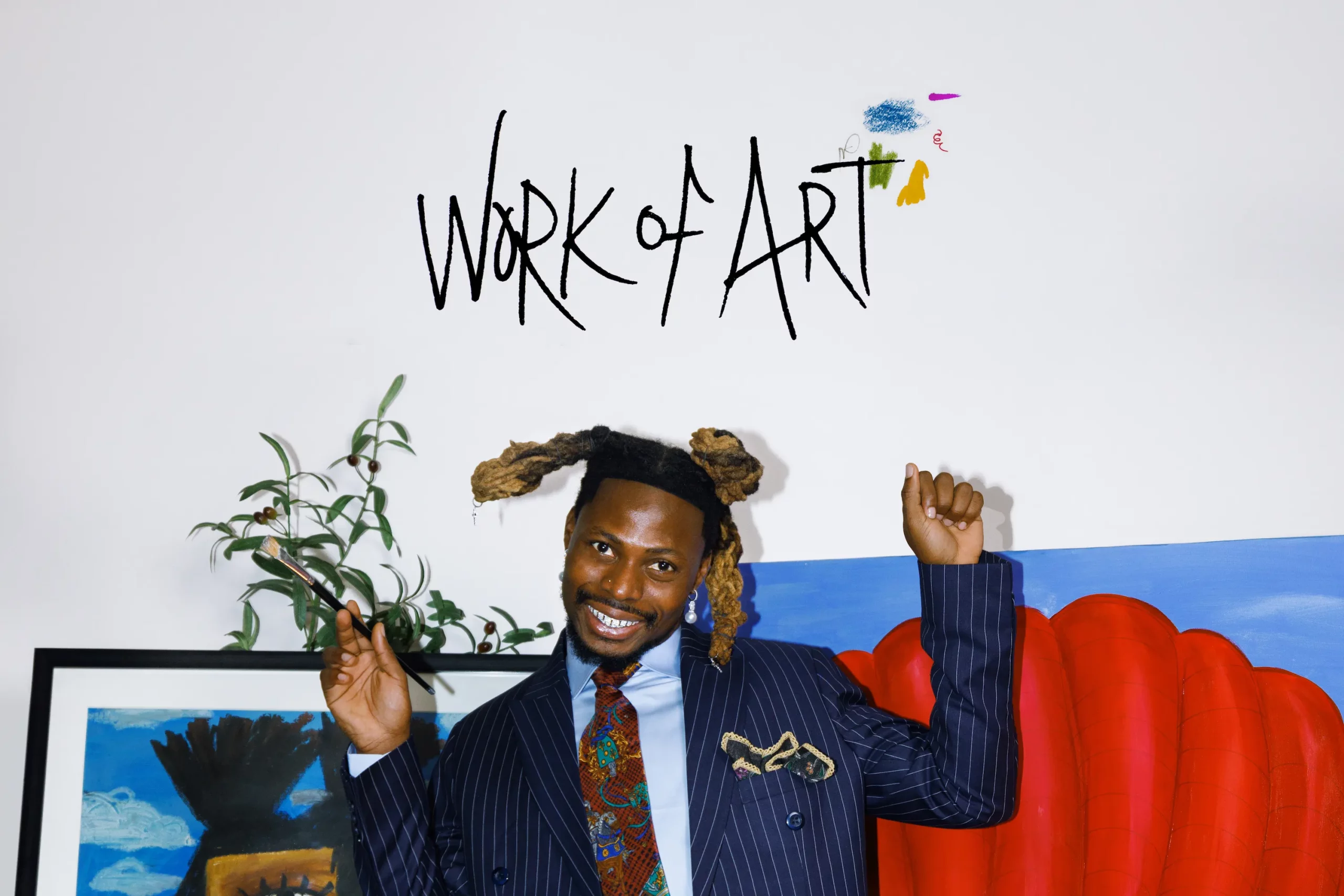


I’m pretty sure you’ve attained the financial freedom already since you must have tested the theories in those books to know they work. Come do me 2k abeg????????